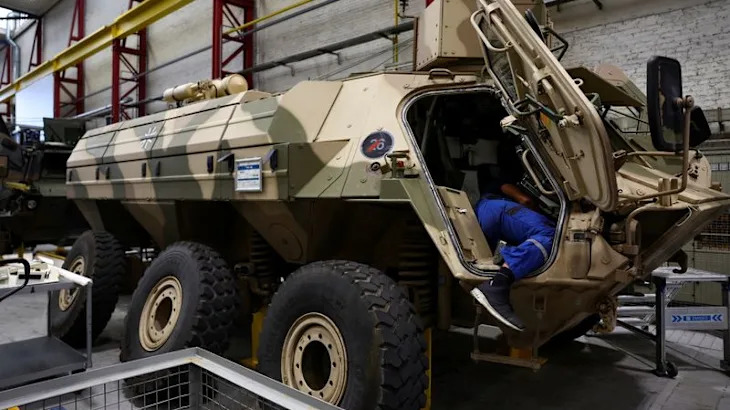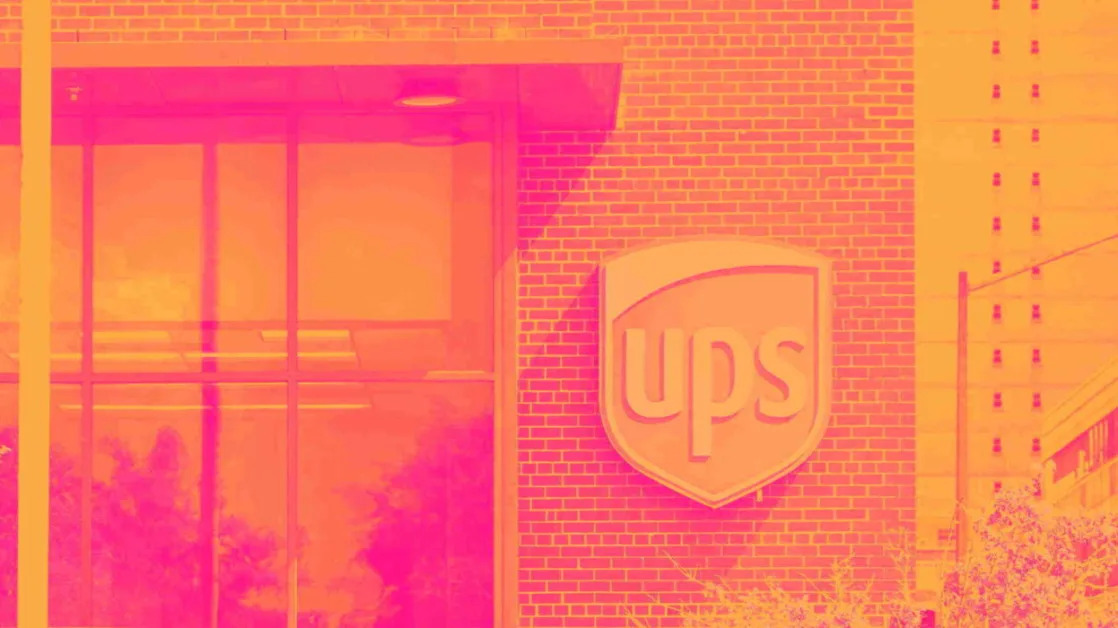(Bloomberg) -- Weak Chinese demand is depressing the global steel market, but Vladimir Putin’s war economy has made Russia a striking exception.
The Kremlin’s invasion of Ukraine has stimulated the Russian economy, driving up residential construction and spurring infrastructure spending. That’s buoying the country’s steel industry, while markets in Europe and the US are weighed down by a flood of exports from China, which is both the world’s the biggest consumer and producer of the alloy.
Russian steel prices rose by 5% to 20% this year as first-half demand climbed by almost 6%, according to BCS analysts. That comes as ArcelorMittal SA — the world’s biggest steelmaker outside China — earlier this month said the global market was “unsustainable,” with prices in both Europe and US below marginal costs.
Russia’s isolated economy and its biggest steelmakers — most of which are also under western sanctions — are relatively insulated from the vagaries of international trade flows. While ArcelorMittal’s first-half profit fell, earnings increased at Russian steelmakers, such as Severstal PJSC and Magnitogorsk Iron & Steel Works PJSC.
“The Russian steel market is not strongly linked to the global anymore, thus its reaction to the external market situation is muted,” said a spokeswoman for Severstal, controlled by billionaire Alexey Mordashov.
The local construction industry is the main growth driver, expanding 3% this year on the back of residential building, according to Severstal.
During the first six months of the year in Moscow alone, about 2 million square meters of residential properties were finished, plus multiple roads. The city also plans to start 12 new underground stations and is completing the construction of the National Space Center.
Russia’s isolation has turned into a strength for a steel industry largely shut out of western markets. While domestic prices rose, the global benchmark for rebar used in construction declined to multi-year lows.
Severstal reported a 6% increase in first-half earnings before interest, taxes, depreciation and amortization, as revenue jumped by more than a fifth. Magnitogorsk, another sanctioned producer, posted similar gains.
Read: China Puts Brakes on New Steel Mills With Industry in Crisis
The one large Russian steelmaker that hasn’t been sanctioned by the US or European Union — Novolipetsk Steel PJSC — is the most exposed to global market weakness as it still sells to Europe, according to BCS.
To be sure, Russia’s wider steel sector isn’t immune to global trends, and the country faces payment pressures with China and other trading partners after the US widened the scope of the secondary sanctions against overseas banks in June. Higher interest rates could also cool the economy.
“Steel consumption may slow down, as the central bank monetary policy remains tight, “ BCS said.





